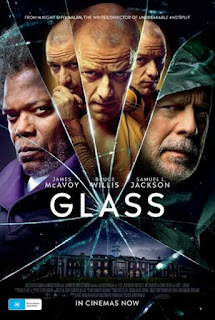Here's what he has said about the project:
"This will be an anthology of stories set on/dealing with the abiding influence of the Moon.
You can take a literal or non-literal approach.
The 'Once' aspect will deal with how older cultures/earlier civilisations/ people in history saw the Moon, considered and reflected upon the Moon. Think Verne, Wells, Godwin. Think mythology. Think the Sumerians. Think the Ancient Greeks. Think beliefs held by vanished cultures. These stories do not have to be factually, scientifically accurate; the Moon element could be seen as poetic, figurative, imaginative, etc. These stories will likely form one-third of the book. Possibly half.
For 'Future', I am looking at both the liveable near-future (e.g. up to 50 years’ time)and slightly further ahead as well. I want stories grounded in how we will live on/adapt to/use the Moon in the near and further future. What issues might we face – some of which have yet to be even thought of by NASA?
I will also look at stories about how the Moon will affect our lives going forward. Will it be the site of the next war? Will it be the focal point of a conflict between science and religious forces (consider how the Moon is central to many religious practices)? What happens if the Moon starts to move closer to us or to move further away? What if the Moon was badly damaged or destroyed? What if the Moon acquired a companion?"
More information here: https://eibonvale.wordpress.com/2019/02/01/the-once-and-future-moon-open-for-submissions/



